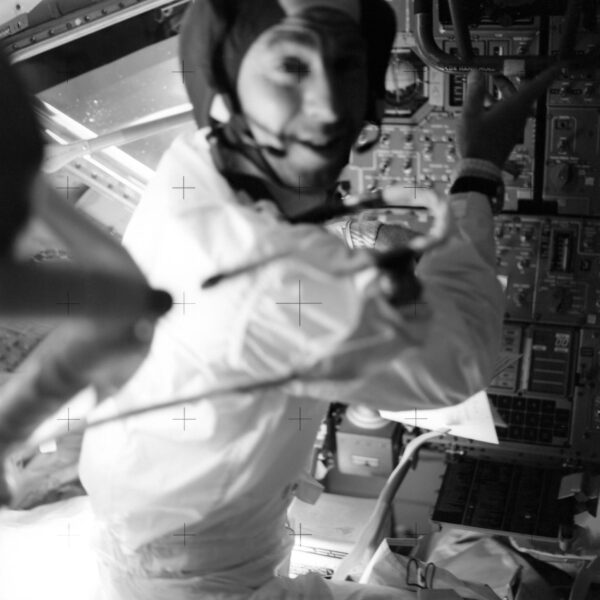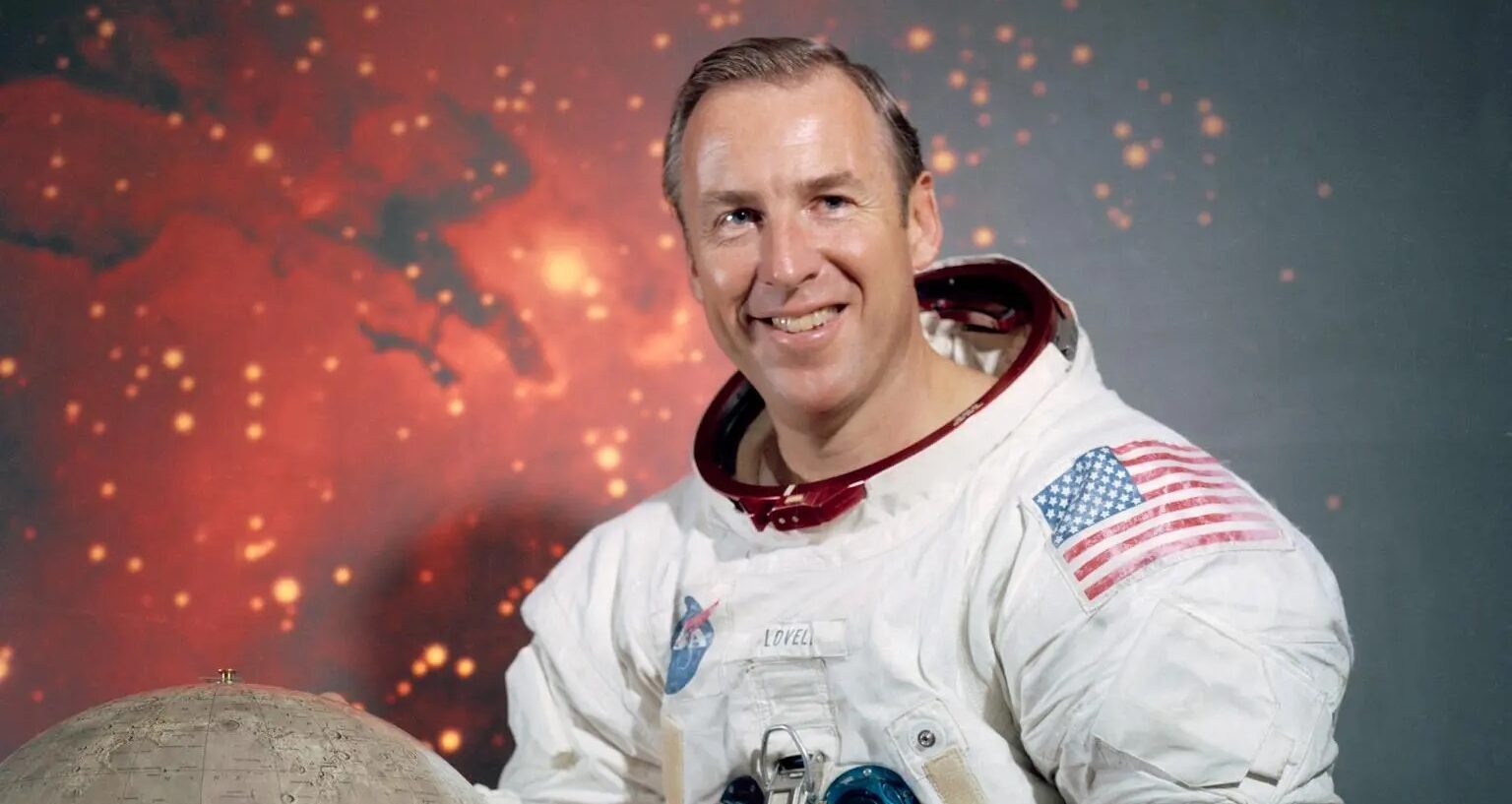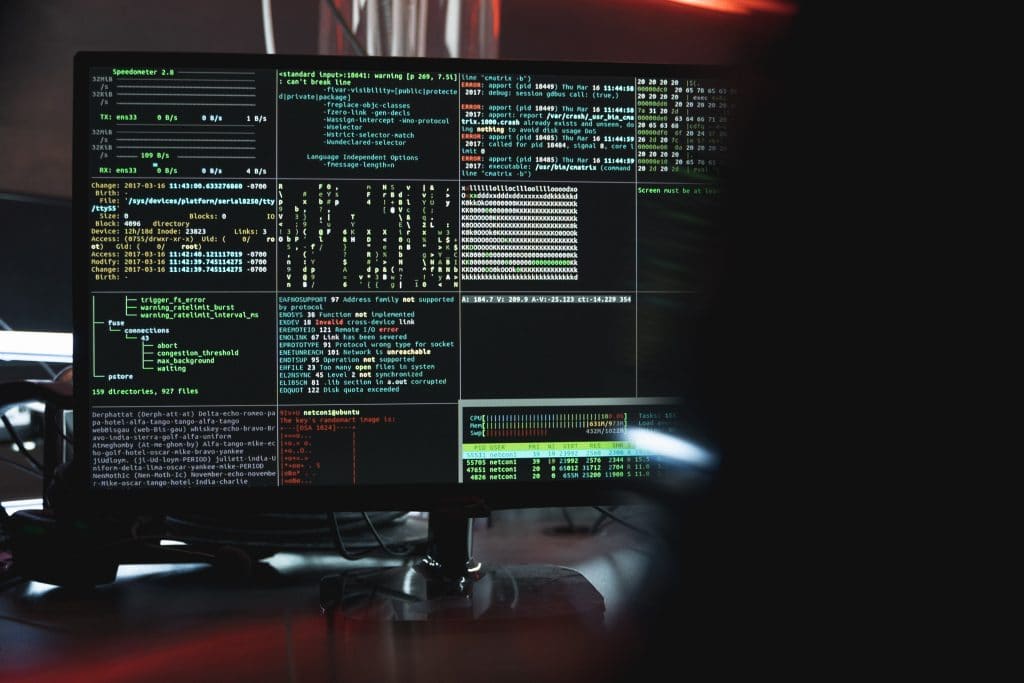NASA has paid tribute to famed Apollo 13 astronaut Jim Lovell, who died last Thursday (US time) aged 97.
Lovell is best known for commanding the Apollo 13 mission to the Moon which was derailed by an oxygen explosion, and which subsequently became the subject of a Hollywood movie starring Tom Hanks.
Acting NASA Administrator Sean Duffy says Lovell’s work “inspired millions of people across the decades”.
“Jim’s character and steadfast courage … turned a potential tragedy into a success from which we learned an enormous amount,” he says.
“We mourn his passing even as we celebrate his achievements.”
NASA says Lovell was the Command Module Pilot for Apollo 8, the first mission to launch onboard a Saturn V rocket and orbit the Moon, thereby proving that a lunar landing was possible.
“As commander of the Apollo 13 mission, his calm strength under pressure helped return the crew safely to Earth and demonstrated the quick thinking and innovation that informed future NASA missions,” Duffy says.

“Known for his wit, this unforgettable astronaut was nicknamed ‘Smilin’ Jim’ by his fellow astronauts because he was quick with a grin when he had a particularly funny comeback.”
NASA also posted a statement from his family.
“We are enormously proud of his amazing life and career accomplishments, highlighted by his legendary leadership in pioneering human space flight,” the family statement said.
“But, to all of us, he was dad, granddad and the leader of our family. Most importantly, he was our hero. We will miss his unshakeable optimism, his sense of humour, and the way he made each of us feel we could do the impossible. He was truly one of a kind.”
BACKGROUND/APOLLO 13
Born in Cleveland, Ohio, on March 25, 1928, Lovell married and had four children.
He was a recipient of the Presidential Medal for Freedom (1970), two Navy Distinguished Flying Crosses and numerous other awards.
A US Navy pilot during his military career, Captain Lovell was chosen as an astronaut by NASA in September 1962. He served as backup commander to Neil Armstrong for the historic Apollo 11 lunar landing.
As one of three onboard Apollo 8, Lovell became one of the first humans to leave Earth gravity.
His fourth mission as Spacecraft Commander was on Apollo 13 (April 11-17, 1970) and became the first man to journey twice to the moon.
The mission turned when the service module suffered an explosive failure in its cryogenic oxygen tanks.
Lovell and fellow crewmen John Swigert and Fred Haise, working closely with Houston ground controllers, were able to convert their lunar module into an effective ‘lifeboat’ which sustained them until they returned to Earth on April 17.
He also held the record for time in space (715 hours and 5 minutes) until the Skylab flights began. Source: NASA






